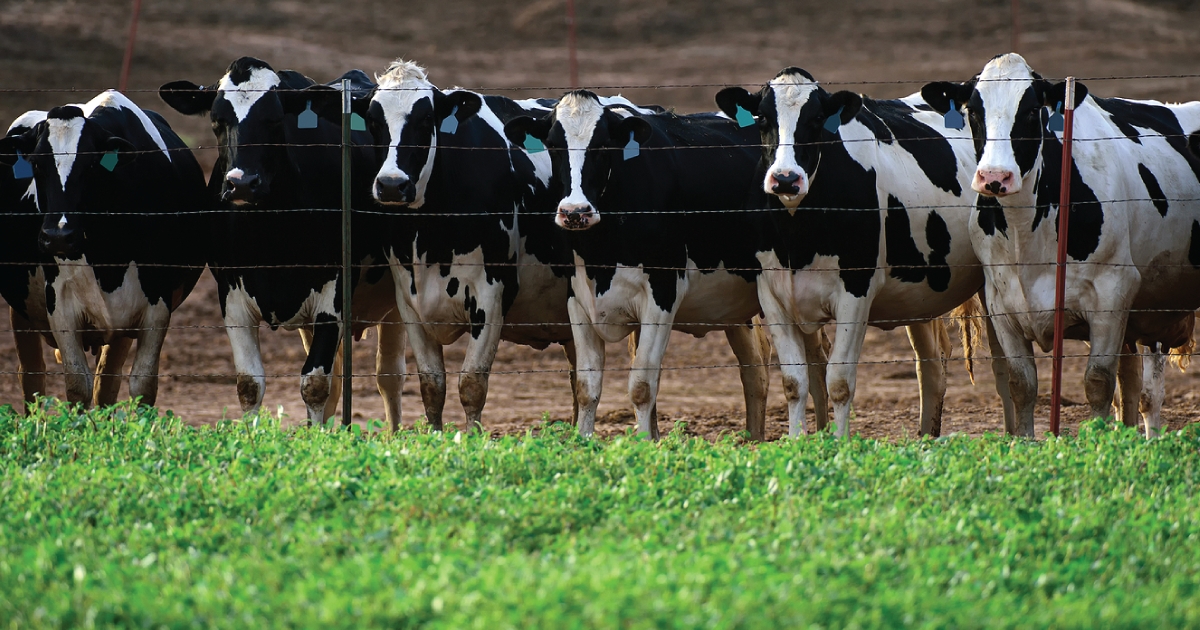
Unintended Consequences: Don’t Let Lobbyists Write Organic Law
USDA has presented to the public a massive and far-reaching rewrite of the regulations implementing the Organic Foods Production Act (OFPA). However, unlike the process by which the initial regulations were established in 2002, the National Organic Standards Board (NOSB) was only consulted on a portion of the elements in this draft rule.
October 2, 2020 | Source: Organic Eye | by
Organic Lobby Brags about Influencing Massive Rewrite of Rules
Legal Mandate to Consult NOSB/Public Sidestepped
Comments are due by October 5 at 11:59 pm EDT at Regulations.gov.
USDA has presented to the public a massive and far-reaching rewrite of the regulations implementing the Organic Foods Production Act (OFPA). However, unlike the process by which the initial regulations were established in 2002, the National Organic Standards Board (NOSB) was only consulted on a portion of the elements in this draft rule. Public engagement was, thus, also limited. This is in conflict with the law.
The Law of Unintended Consequences
Although the current draft rule (“Strengthening Organic Enforcement”) includes many meritorious elements, a number of them have not been discussed publicly. Given the narrow time window for public comments, concurrent with stakeholders and public interest groups working on formal comments for the upcoming NOSB meeting, and taking into account the impact this pandemic has had on the productivity of many organizations, wide discussion within the organic community has been severely limited.
